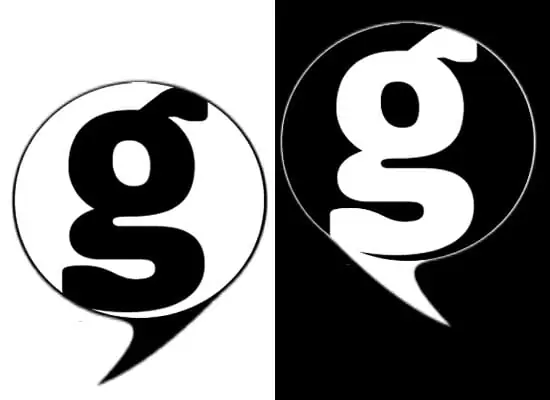
Walking down Spring Garden Road a week from Remembrance Day, there is a startling absence of red flowers worn by pedestrians. On Dalhousie campus, poppies are equally scarce. Sure, those crappy little straight-pins are no match for a gust of wind; I have gone through five poppies in the last week, doggedly donating coffee change for a new one to skewer my shirt. Still, if the wind is to blame, the roads should be littered with red plastic. Seeing a symbol of remembrance in the week leading up to Nov. 11 should not be refreshing. It should be ubiquitous.
Remembrance Day is important; this seems obvious. We Remember. Lest We Forget. Honour Their Sacrifice. Stock answers to “why remember?” are easy to come by, to the point that they become meaningless. The mere mention of the ‘Poppy Party’ on Nov. 11 at the Palace, a Halifax nightclub, sets my blood boiling. (The party was swiftly struck down and fingers are pointing every which way.)
Every November, children and adults hear war stories, see veterans, stand for the Last Post and sing the most solemn version of O Canada of the year. The Remembrance Day tradition is by no means dead; Canada has several organizations in place backed by veterans, historians, tireless volunteers, and countless private companies the nation over. Media coverage is widespread, and ceremonies on Nov. 11 are numerous, providing opportunities for us to congregate out of respect and support to veterans past and present.
My concern is that collectively, we are missing the point.
Remembrance Day was first instituted in the Commonwealth by King George V in 1919, and is further defined by Veteran Affairs Canada as a day to remember those men and women who served in Canadian military during war, conflict, and peace. While this is an essential aspect of utmost importance, limiting Remembrance Day to respecting veterans does not capture the full spirit.
We can all agree that our soldiers fight for something. Before Canada was born, blood was shed for centuries by armies of foreign sovereigns vying for territory. In 1812, brave Canadian militia defended our borders from forcible annexation. Toward the turn of the century, Canadians fought across the Atlantic in the Crimean and Boer wars. The First and Second World Wars saw significant Canadian military contributions, from supplying ‘Mother England’ to dashing up French beaches amid chaos and carnage.
Ultimately, our soldiers fought and their families suffered because they were ordered to. Our governing bodies believed the cause to be just, and Canadians stood behind their leadership. People laid down their lives so that the future could be free and fair; each major conflict was believed to be the most horrifying, and the last.
On Remembrance Day, think about soldiers and sacrifice, but don’t forget to ask why. Why did they die? What are we doing to respect the spirit and cause for which they suffered? Does our government command our respect and trust to the point that we’d lay down our lives for Canada? How can peace persist in this world in flames? What do we owe our fellow humans?
Where do we go from here?
In the context of crimson flowers, question the future of those whose hearts are still beating, and whether we are remembering a tradition of bloodshed or building a future of peace.


Recent Comments